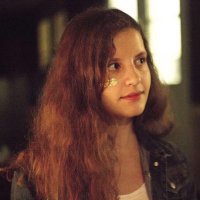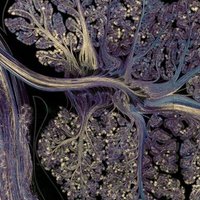
Gaia Molinaro 🦋 gaiamolinaro.bsky.social
@gaia_molinaro
How do we learn to achieve our goals? 🧠 Computational Cognitive Neuroscience PhD student @UCBerkeley @ccnlab 🎓 Previously @UCL @KingsCollegeLon & @ucdavis 🌿
ID: 930737567556947968
https://gaiamolinaro.github.io/ 15-11-2017 10:01:43
175 Tweet
732 Followers
612 Following

I'm excited to announce that this work has been accepted at NeurIPS Conference 🥳 We hope to spark cross-disciplinary conversations on goal selection in biological and artificial agents. Check it out at openreview.net/forum?id=GbqzN… Cédric Pierre-Yves Oudeyer Anne Collins Inria Flowers team Collins Lab

Stop by NeurIPS Conference poster #3909 11 am - 2 pm today if you want to wish me a happy birthday, hear about goal selection in RL, or both! Cédric Anne Collins Pierre-Yves Oudeyer Collins Lab Inria Flowers team

1/ If you want to know how to generate diverse and challenging Programming Puzzles stop by our NeurIPS Conference poster #3010 (East Exhibit Hall A-C, 4:30-7:30 pm) Cédric Gaia Molinaro 🦋 gaiamolinaro.bsky.social Pierre-Yves Oudeyer Laetitia Teodorescu

Sarah Oh and I have a new preprint! Developing a new experimental protocol to reveal habit formation separately from cognitive control, in a 1h lab experiment. Naturally disengaging control to reveal habits osf.io/preprints/psya… via Center for Open Science

Check out this work today at 10 am ICLR 2026! Learn what's wrong with evaluating #LLMs after a single interaction, and how cultural attraction theory can help us do better. Poster #288 Jérémy Perez Pierre-Yves Oudeyer Maxime Derex Grgur Kovač Cédric Corentin LEGER Clément Moulin-Frier






📢 New preprint! How do humans learn from arbitrary, abstract goals? We show that, when goal spaces can be compressed, costly working-memory processes give way to internalized reward functions, enabling efficient goal-dependent RL. Anne Collins Collins Lab arxiv.org/abs/2509.06810

science.org/doi/10.1126/sc… Excited to share our new paper in Science Advances ! We report a novel phenomenon in motor control: your current movement is repelled away from your previous one. Modeling suggests this repulsion reflects efficient coding in motor planning.


